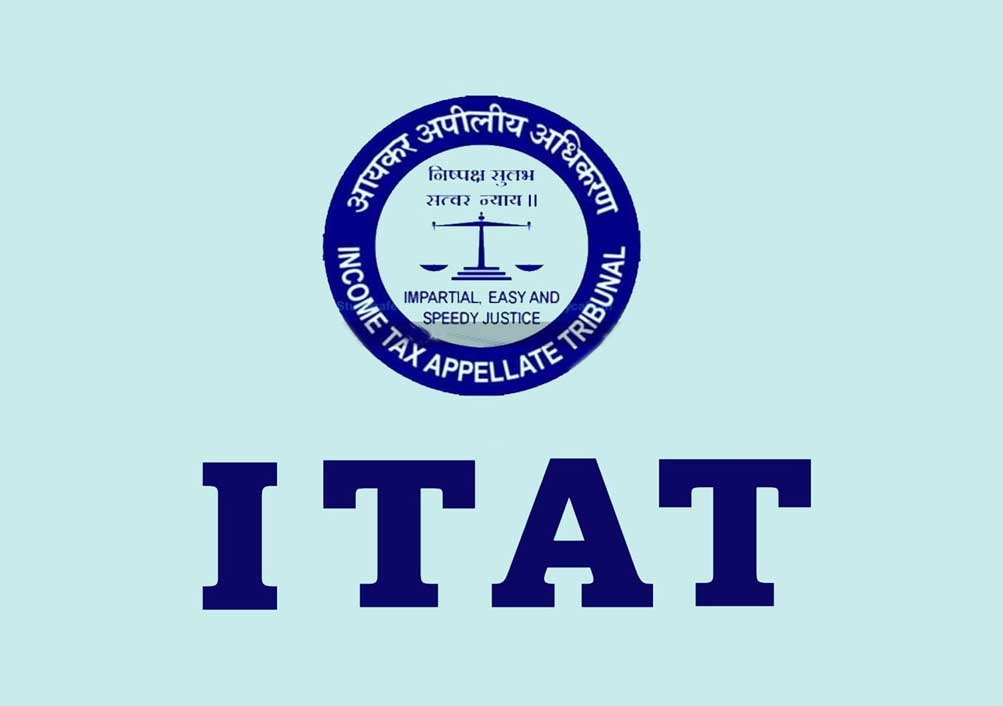In ITA No.155/Ahd/2023- ITAT - ITAT (Ahmedabad) rules that where the property was jointly owned by the assessee and his son, the entire value of consideration from the property sale cannot be treated as Long Term Capital Gain of the assessee
Member Suchitra Kamble (Judicial) [10-05-2023]

Read Order: Sureshbhai Ashwinbhai Patel v. Income Tax Officer
Chahat Varma
New Delhi, May 16, 2023: The Ahmedabad bench of the Income Tax Appellate Tribunal has remanded the issues contested by the assessee in an appeal to the file of the Commissioner of Income Tax (Appeals) [CIT(A)] for adjudicating the same on merit, in a case where the property sold was jointly owned by the assessee and his son, ruling that the entire value of consideration of Rs.16,00,000/- could not have been treated as Long Term Capital Gain of the assessee.
In the case at hand, the Assessing Officer (AO) had observed that the assessee had sold immovable properties worth Rs.16,00,000/- but did not file a return in response to the notice issued under section 148 of the Income Tax Act, 1961. The AO passed an assessment order under section 144 read with section 147 of the Act, making an addition on Long Term Capital Gain and proposed addition of Rs.16,00,000/- treating it as undisclosed income for Assessment Year 2011-12.
A single-member bench of Suchitra Kamble (Judicial) noted that the assessee stated that the property in question was jointly owned by the assessee and his son, and that the sale was conducted in two parts - one part for the assessee and the other part for the son. The assessee had further claimed that notices issued by the CIT(A) were not received, as the assessee had passed away and therefore being legal heir, the notices were not duly received by the assessee. The assessee requested that the matter be remanded back to the file of the CIT(A) for proper adjudication, with the value of Rs. 8,00,000/- being considered in the assessee's account.
The bench ruled that since the AO had passed an ex-parte order and had failed to verify the other aspects of the case, it would be appropriate to remand the issues to the file of the CIT(A) for adjudicating the same on merit.
Sign up for our weekly newsletter to stay up to date on our product, events featured blog, special offer and all of the exciting things that take place here at Legitquest.




Add a Comment